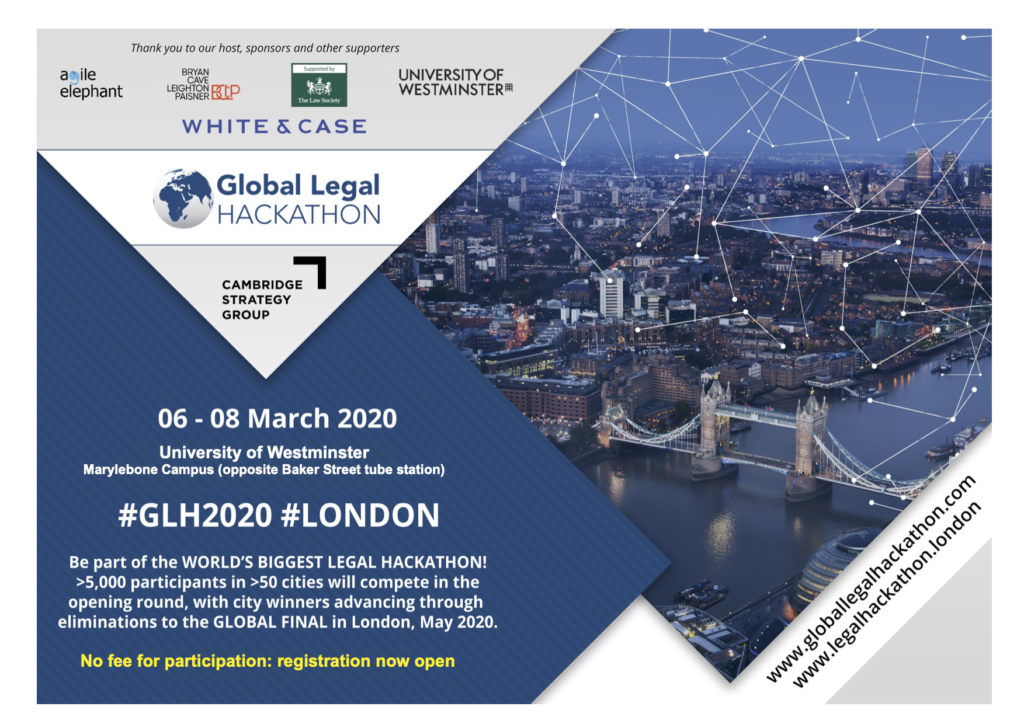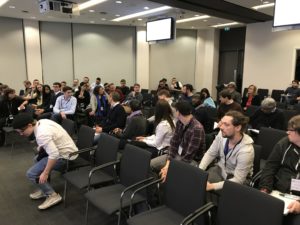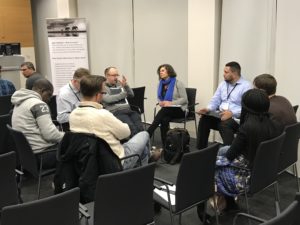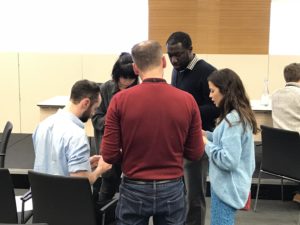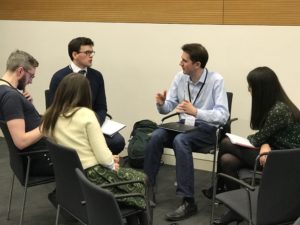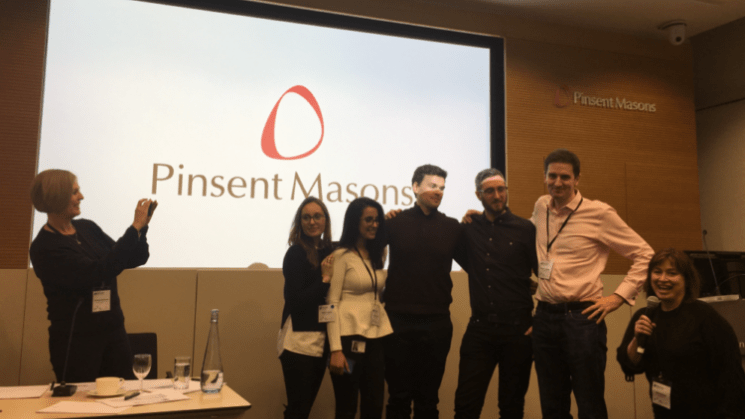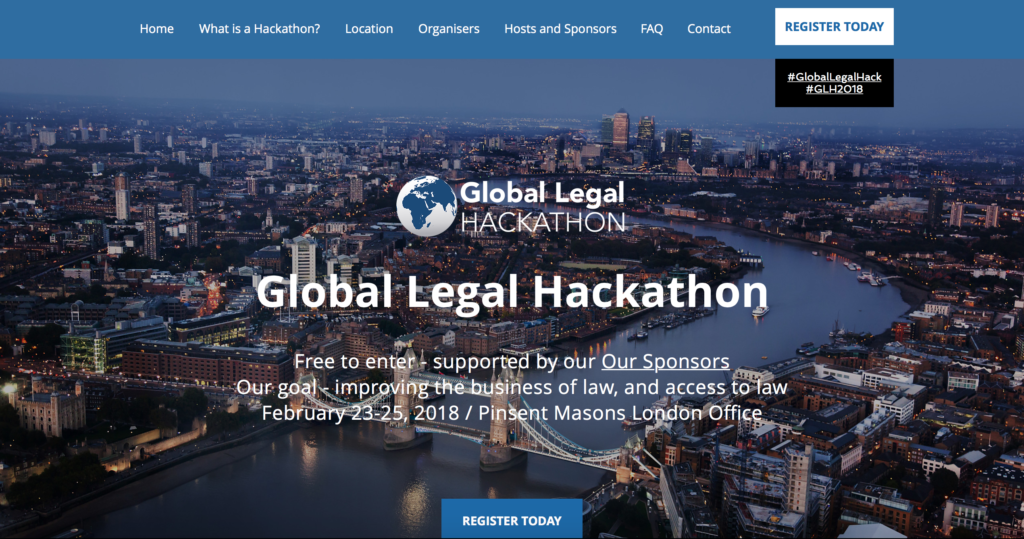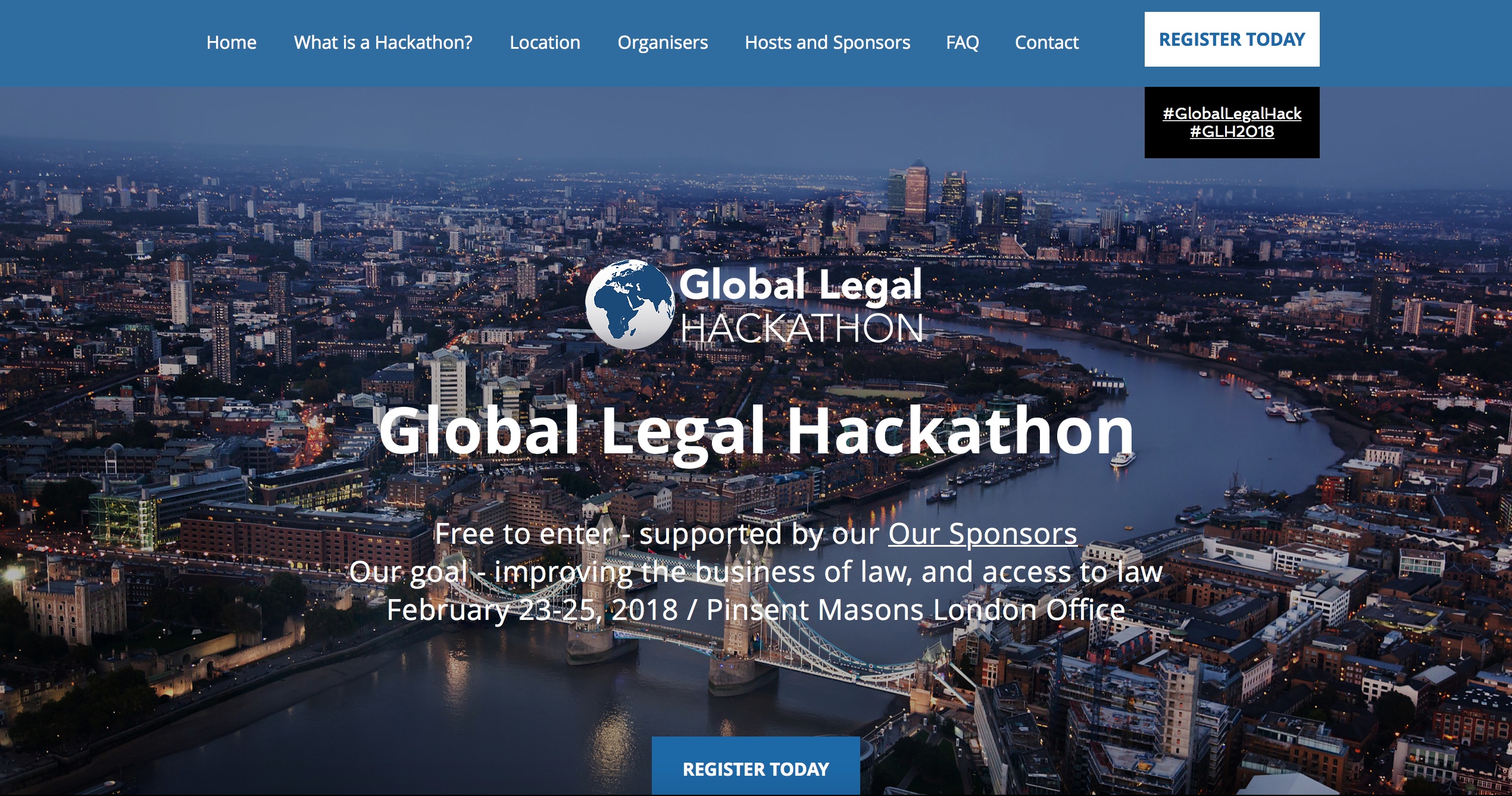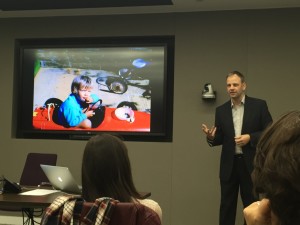We just yesterday blogged the details and opened registration for the London edition of this year’s Global Legal Hackathon, which might be the largest hackathon ever! To add to an already great event, The Global Legal Hackathon have just a short while ago announced a worldwide collaboration with with She Breaks the Law, RSG Consulting, and global law firm BCLP to launch the GLH Inclusivity Challenge and you’ll know inclusivity, diversity and LGBTQ issues are always high on our agenda. In any case the GLH weekend coincides with International Women’s Day (March 8), so the idea is a natural fit!
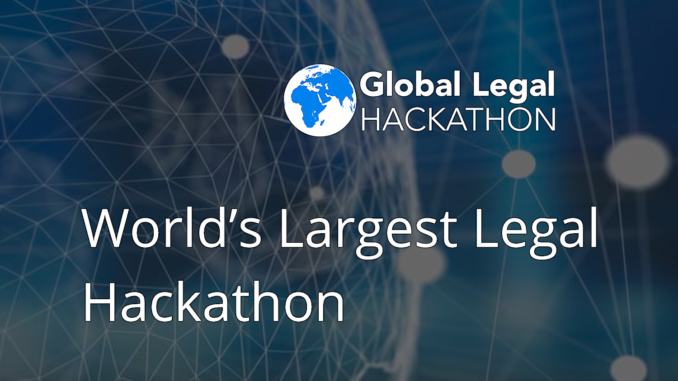
The 2020 Global Legal Hackathon will be held between March 6-8 simultaneously in more than 50 cities and 25 countries around the world. This year is the third year Agile Elephant has co-hosted London with our friends at Cambridge Strategy Group, and our the second year that the venue is kindly provided by the University of Westminster, although this year we are moving to a bigger space at their Marylebone Campus.
As we’ve described, our goal is to get legal brains, marketers, business analysts and coders in to teams over a weekend creating apps and services that improve the practice and business of law, or provide better access to law for the public. We’ll be fuelling their creativity with beer and pizza, although other food and beverages (including wine) will be available too, thanks to our sponsors – this is a not for profit exercise, and free to enter for all participants (so somebody has to cover our costs please!). But this year, the Global organisers are setting this extra challenge:
“Participants and teams around the world, in every Global Legal Hackathon city, are challenged to invent new ways to increase equity, diversity, and inclusion in the legal industry.”
At the conclusion of GLH weekend, a local winner of the GLH Inclusivity Challenge will be selected by each city alongside the main winner, and will progress to a global semi-finals too. This will be an extra stream and, like the main stream, finalists will be invited to the GLH Finals & Gala, to be held in London in mid-May. On top of that, the overall winner of the GLH Inclusivity Challenge will be invited to present its solution during a diversity and inclusion summit that BCLP is planning to host in September, where leading figures from the industry will be asked to commit to ensuring the idea is brought to life and scaled up to deliver a lasting impact on the legal industry as a whole.
Kearra Markowich, Executive Director of the Global Legal Hackathon, and who is based here in London told us:
“the Global Legal Hackathon is remarkable for the fact that it is a global technology event that is majority women-led around the world. Women lead the event in Brazil, Israel, Romania, Singapore, the United States, and many other countries. On the occasion of International Women’s Day overlapping with the Global Legal Hackathon, we are thrilled to be joined by women-owned RSG Consulting, She Breaks the Law, and the diversity and inclusion team of BCLP to challenge the world to invent new and novel approaches to increasing equity, diversity, and inclusion in the legal industry.”
We think this is a fantastic addition to what is always a great fun weekend. Follow these links to find out more about:
We look forward to seeing you in Marylebone!

